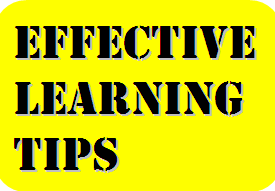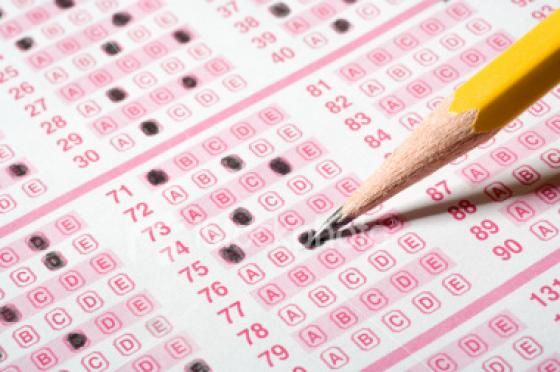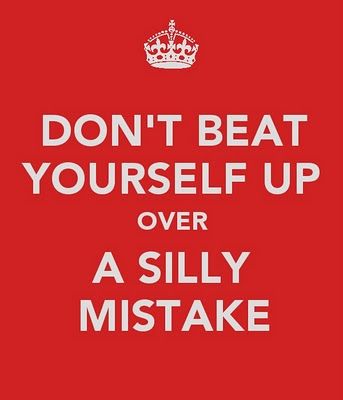Most of the exams in the health science sector is based upon your performance in MCQs solving.
You will be provided a set of MCQs to answer within a stipulated period of time.
Its a high demand situation.
Each wrong answer can lead you down to the ranks.
This post will give you basic information that you can follow to score high in MCQ based exams.
Many points are very simple but yet very crucial.
In the heat of the exams many times one tends to by pass these points and that most of the times leads to low scoring.
But if one stays calm and follows these points then there are high chances of you scoring well in exams.

TIPS TO SOLVE Multiple Choice Questions
It doesn’t matter which ever exam you give any where in the world, MCQ based question are the standard.
You need to be quick and smart to score well in these exams.
Many exams also have a negative mark criteria for the wrong answers.
So, you have to very careful while solving the questions.
Random guess works might cost you a lot of negative marks.

(Applicable to MDS / NEET / NBDE Entrance Exams)
Dealing with MULTIPLE CHOICE QUESTIONS is an art and to get a seat in entrance examinations,
you have to be a master in it.
According to my personal experiences :
I am giving you a few tips that may be of help while attempting the Multiple Choice Entrance Exams.
Tip no 1
Try to attempt max questions.

You got to try the maximum number of questions that you can.
Don’t be in a situation when after exam you come to realise that you have left few questions that you could have answered.
Tip no 2

image credit : freeclipart
Give max time to the easiest question.
If the first option is a correct one, look at the last option to make sure it is not an “all of the above” option.
The same is true for the “none of the above”
Tip no 3
Read every option, even if you are more than 100% sure about the 1st option.

See Next For Tips No. 4, 5 & 6
Tip no 4

Try exclusion mechanisms in case of confusion.
Tip no 5
Know nothing about the question or the options –
leave the question

image credit : freeclipart
Overthinking on a question, about which you hardly have idea will yield no result.
The chances o you answering it are already low.
Above that you are wasting time on it, which you should rather spend on answering the questions you know.
Even on top of that, if you end up answering wrong then you are going to have negative marking.
So strategically such attempt is completely of no use to you.
Tip no 6

image credits : imgur
If you Can rule out at least 1 option, try to attempt it.
Remember you have only 25 % probability that your choice is correct.
As we saw in Tip number 5 – if you have no idea about any options then you better leave the question to avoid negative markings.
But if you know at-least one answer that can be excluded then that increases your chances and you should give an attempt.
See Next Slide
For Tips No. 7, 8 & 9
Tip no 7
One of the basic of success in tough dental exams, is the ability to have a photographic image of the questions and related answers.
Its a must and if you have developed that feature due to hard work and constant revision, then its going to help you a lot in the exam.
Always try to imagine the topic (in your notes or book). After reading the question cover the answers with your hand and now try toanswer it.
When you come with some look for it in the given options.
Tip no 8

image credit : freecliparts
Always use true or false method in case of negatively worded question (as in “which of the following are NOT . . .”),
or the questions having” all except” put a T or F beside each option, then simply select the odd statement.
Tip no 9

Before marking the option ask yourself
“reason to mark it right“
or
“Does it make any sense or not”
If its Not making sense as per your knowledge bank in memory, then re evaluate.
Tip no 10
If while dealing with the question, your logic says something and your knowledge says something else ; in this confusion always follow your knowledge.

image credits : freecliparts
Tip no 11
When guessing, do not change answers.
Research indicates your
first answer is usually the correct one.
However, don’t be afraid to change answers when you have a good reason for doing so.

Tip no 12

Allow time at the end to check for carelessness and Silly mistakes
So doctors, follow these highly effective points and increase your chances to score well in your exams.



